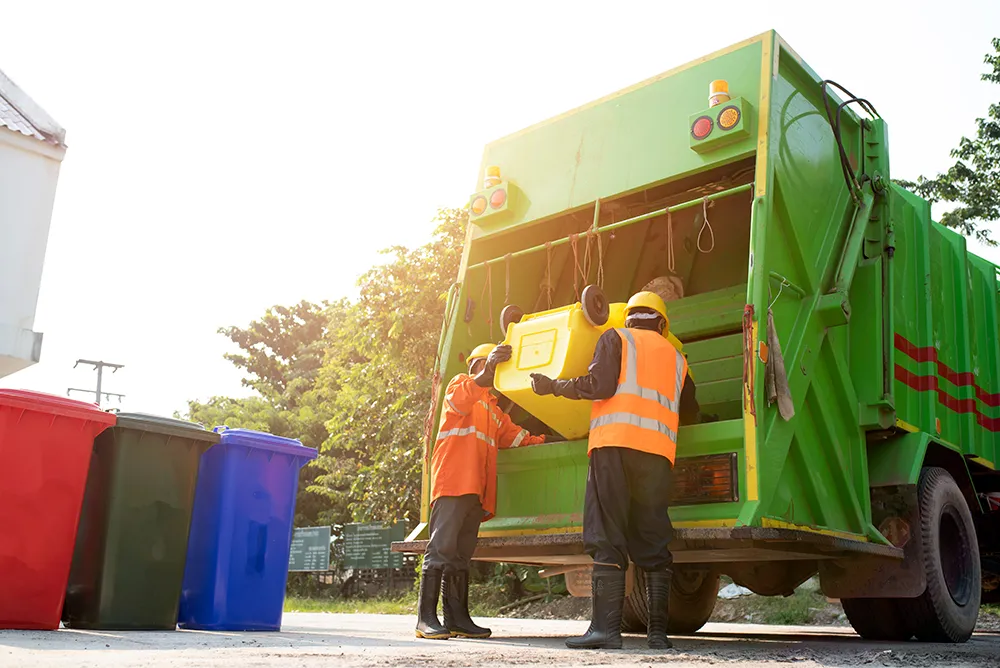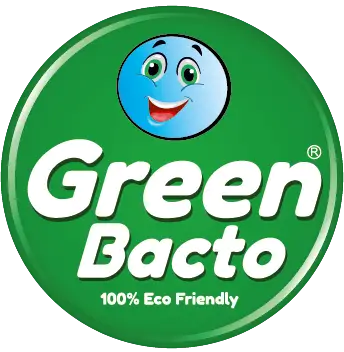A Simple Guide to Better Household Waste Management

Managing household waste is more important as resources become precious. Keeping waste in check helps maintain cleaner homes, supports municipal services, and reduces the environmental footprint of daily living. From food packaging to online delivery boxes, bins fill up quickly, and poor disposal practices often lead to overflowing collection points, unpleasant odors, and pest problems. Simple routines and a few changes at home can lead to meaningful improvements, making neighborhoods healthier and more pleasant for everyone. Let’s look into a few things which can help in better waste management in the household.
- Reduce Waste at the Source
Minimizing waste starts with everyday choices. Selecting reusable bags, reducing packaged goods, and shopping in bulk serve to lower the overall amount produced at home. Thoughtful consumption directly impacts the quantity of waste, making reduction one of the most effective steps.
- Reuse Before Disposal
Before discarding items, consider whether they can be repurposed. Glass jars can store spices or small items, worn-out textiles can serve as cleaning cloths, and usable electronics or furniture can be donated. Community swap events and online neighborhood groups provide opportunities to pass on items rather than adding them to landfill. This not only reduces waste but also extends the life cycle of everyday goods.
- Recycling the Right Way
Recycling is only effective when items are clean and sorted correctly. Rinsing containers, flattening cardboard boxes, and keeping different materials separate prevents contamination that would otherwise send recyclables to landfills. Shared collection points benefit when households take these steps, as bins stay usable for longer and reduce the need for extra collection rounds.
- Limiting Single-Use Plastics
Plastic packaging remains a major contributor to urban waste. Reusable shopping bags, refillable water bottles, and durable food containers significantly cut down on the amount of single-use plastics thrown away each week. Households that shift to these alternatives notice smaller volumes of waste and cleaner storage areas, since bulky disposable items no longer take up space.
- Reducing Food Waste
Food waste forms a significant portion of household trash. Planning meals and purchasing only what will be used within the week helps reduce spoilage. Leftover food can often be repurposed into new meals, cutting down waste even further. Composting kitchen scraps is another effective method, and many urban areas now provide shared compost hubs or collection services for organic material. Kitchen scraps—including vegetable peels and fruit waste—can be converted into useful compost for gardens or indoor plants. Setting up a small compost bin is straightforward and transforms organic waste into a valuable resource. By keeping food waste out of landfills, households contribute to lower greenhouse gas emissions as well.
- Practice Waste Segregation
The first step toward efficient waste disposal is separation at the source. Having different containers for recyclables, organic waste, and residual waste makes the process simpler. Labeled bins placed in accessible areas encourage consistent use by all household members. Rinsing containers and cleaning dry waste before disposal ensures that recyclable materials remain in good condition for recovery. This small adjustment prevents recyclable materials from being contaminated and increases the chances that they will actually be processed properly.
- Dispose of Hazardous and E-Waste Safely
Household hazardous wastes—such as batteries, chemicals, expired medicines, and electronics—require special handling to prevent environmental damage. Storing these items separately and following local disposal programs protects both health and natural resources.
- Get the Household Involved
Household waste management works best when it becomes routine for everyone in the home. Involving every member of the household helps establish and maintain routines for sorting and reduction. Shared responsibility strengthens good habits and increases long-term success. Children can take part by helping to sort recyclables, while adults can manage compost bins or coordinate donation of unwanted goods. Establishing simple, clear responsibilities makes the process more consistent and less of a chore.
- Follow Local Guidelines
Adhering to local government instructions for waste management ensures that individual efforts align with broader community systems. Updated guidelines and awareness initiatives make it easier to comply and support the collective goal of cleaner neighborhoods. Municipal services often provide more than just weekly garbage collection. Many cities now organize e-waste collection days, offer drop-off points for hazardous materials, and support community composting. Making use of these services prevents harmful materials from entering regular landfills and improves overall efficiency of urban waste management.
Final Thoughts
Adopting better household waste practices benefits everyone by promoting a healthier living space and supporting environmental protection. Consistent steps like sorting waste, composting organics, and safely disposing of hazardous items reduce landfill strain while improving the quality of urban life for current and future generations.
